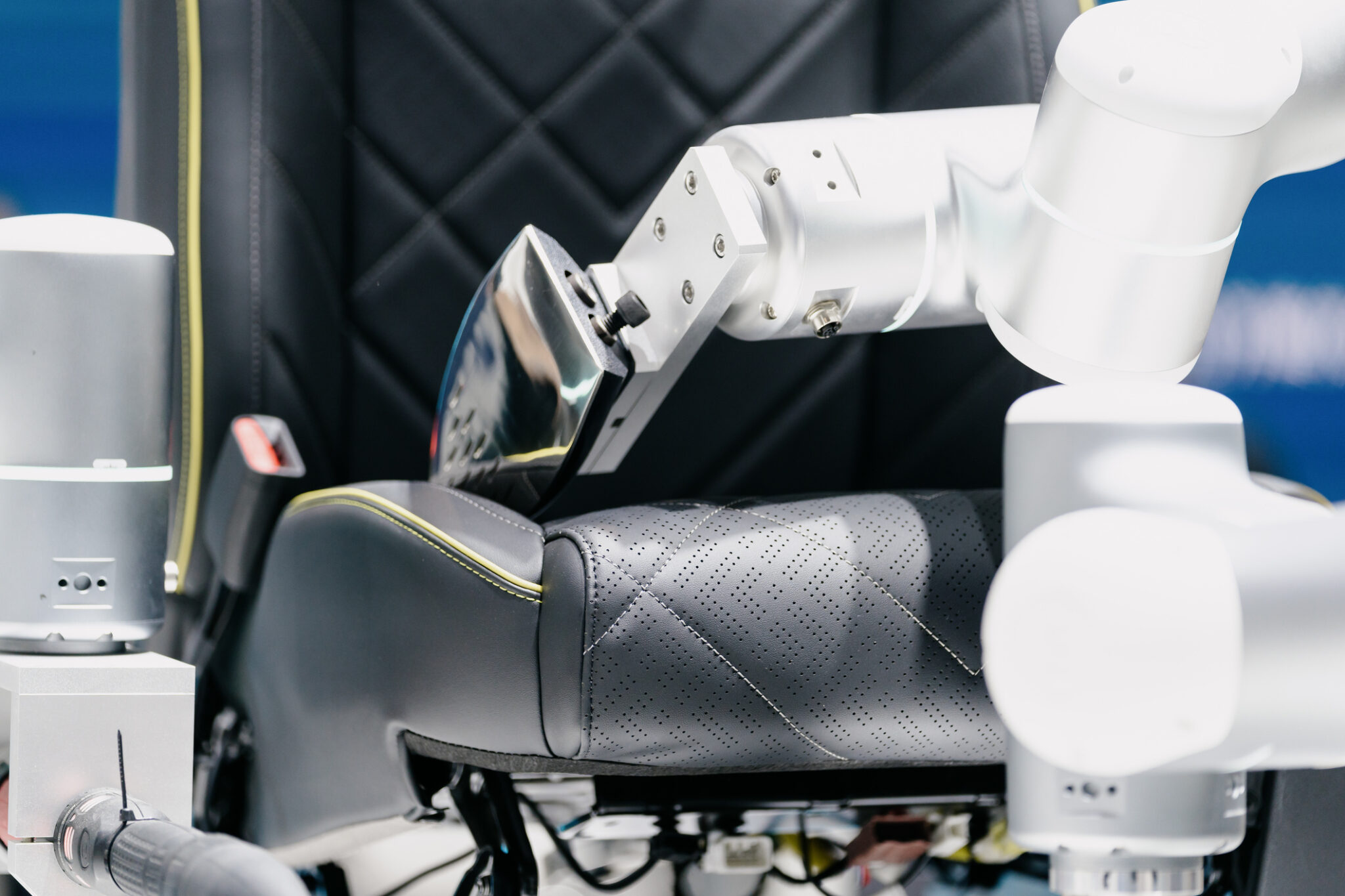Job Cuts Loom: Auto Parts Manufacturer Slashes Workforce Across Tennessee Regions

A significant workforce disruption is set to impact Tennessee's automotive manufacturing sector, as Adient prepares to shutter two of its seat manufacturing facilities, resulting in job losses for over 400 workers this June.
The closure represents a challenging moment for local workers and the regional manufacturing landscape, signaling potential shifts in the automotive supply chain. Employees at these Adient plants will face unexpected employment transitions, highlighting the ongoing volatility in the manufacturing industry.
Adient, a global leader in automotive seating solutions, has not yet disclosed the specific locations of the two plants within Tennessee or the precise reasons behind the facility closures. The impending job cuts underscore the importance of workforce adaptability and the need for robust economic support systems in manufacturing communities.
As the June closure approaches, affected workers and local economic development agencies are likely to be exploring alternative employment opportunities and potential retraining programs to mitigate the impact of these job losses.
